Introduction Imagine a world where every child struggling with autism spectrum disorder (ASD) could receive the best possible support through tailored interventions. This is the dream of many parents, educators, and therapists who aim to unlock the potential of children with ASD. But the question remains: do these children benefit more from personal, one-on-one interventions […]
Tag: Cognitive psychology

Shadowed by the Past: The Long-Term Strain of School Bullying on Japanese Adults’ Psyches and Careers
Introduction Imagine the ringing of a school bell not just marking the end of another class, but the start of a cycle of dread, filled with teasing, insults, or even physical harassment. For many, memories of being bullied at school evoke fleeting discomfort. However, a compelling new research paper delves deeply into its daunting, lingering […]
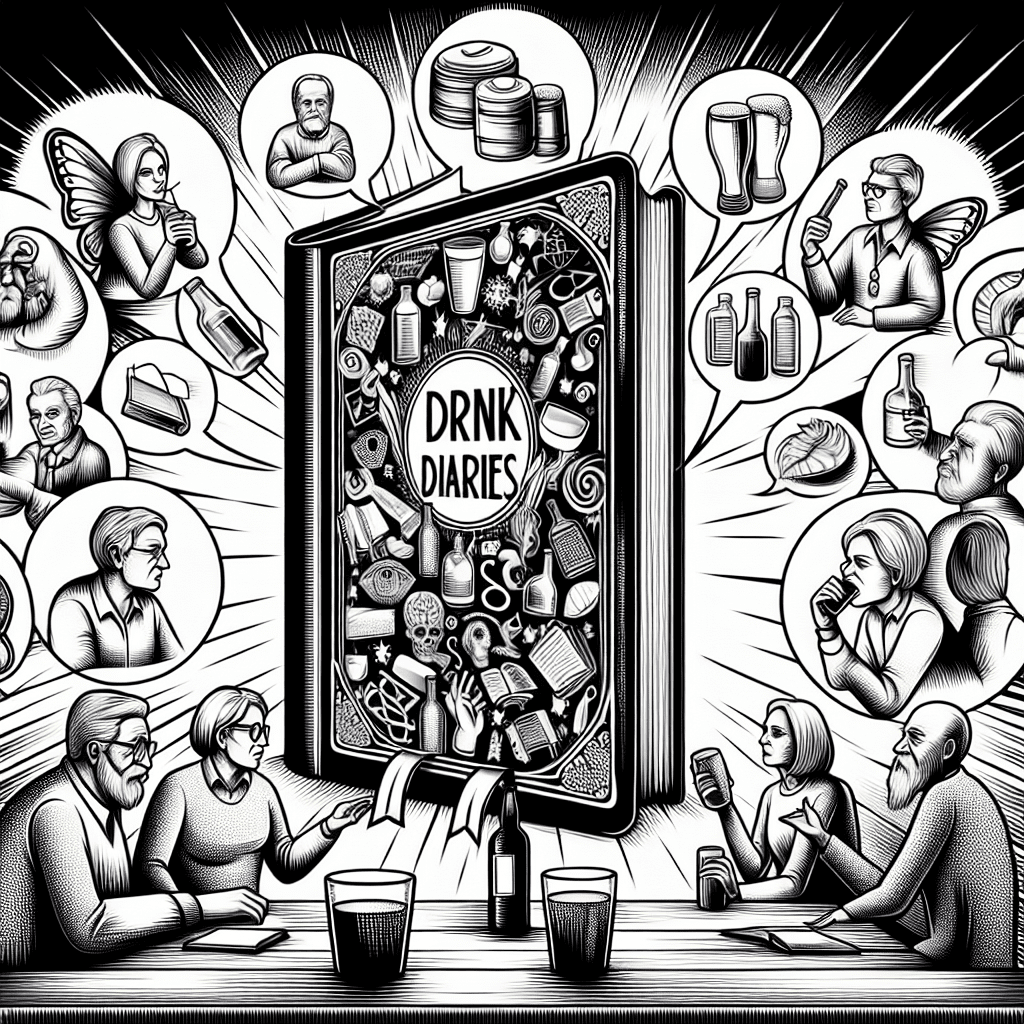
Unveiling the Drink Diaries: Alcohol Use and Abuse Among Older Europeans
Introduction Imagine a grandparent sipping a glass of wine, cherishing memories, but silently grappling with a hidden struggle—a struggle more common than we might think. As populations across Europe age, understanding the impact of alcohol use on older adults is becoming increasingly crucial. The “Alcohol use, abuse and dependence in an older European population: Results […]

Mindfulness Matters: Unveiling Long-Term Benefits for Future Healers
Introduction: A New Dawn in Student Well-being Imagine juggling the demands of a medical or psychology program, where the rigors of academia collide with the emotional challenges inherent in learning to heal others. The pressure is immense, leading many students to experience stress, diminishing well-being, and ineffective coping mechanisms. But what if there was a […]
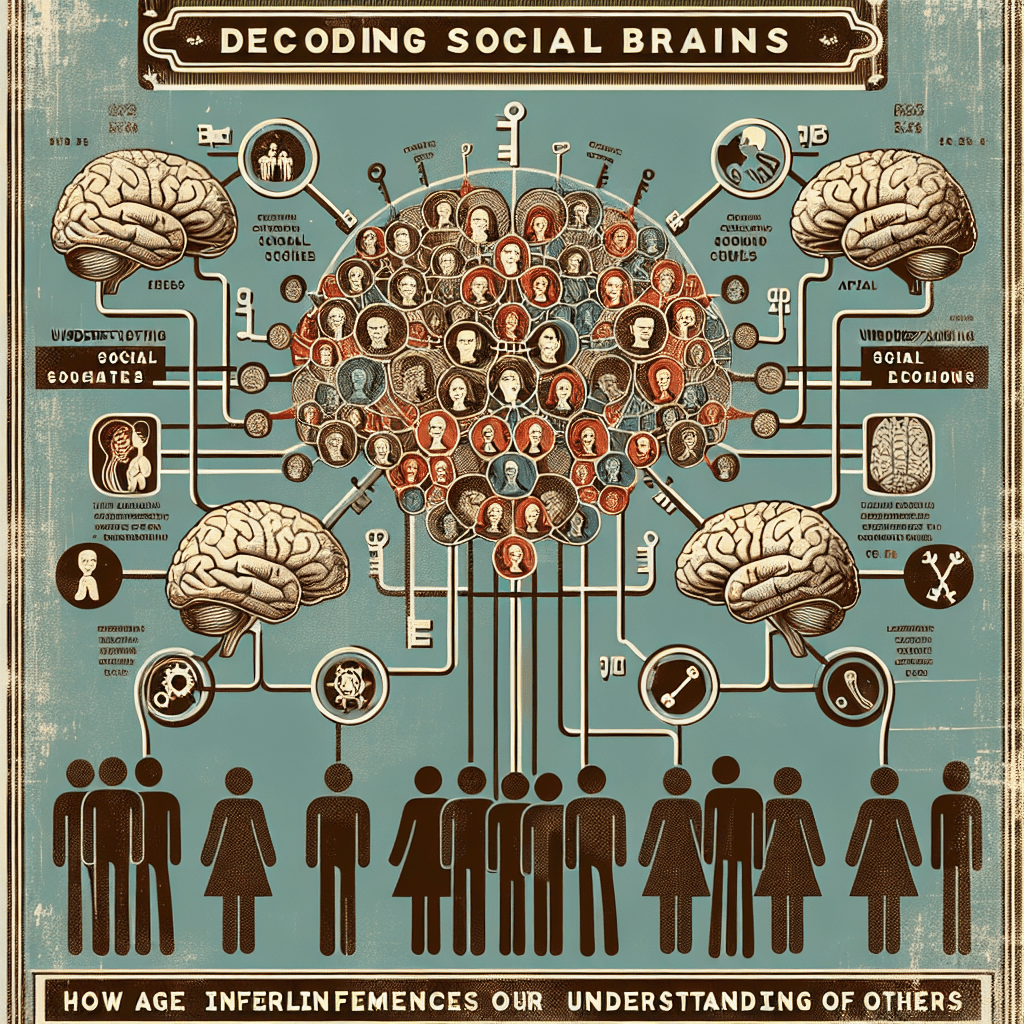
Decoding Social Brains: How Age Influences Our Understanding of Others
Introduction Imagine a world where our understanding of others’ thoughts and emotions could be decoded as easily as a children’s story. What if we could assess how age influences this skill, scientifically packaged in a well-crafted tool? Today, we journey into the intriguing landscapes of The Edinburgh Social Cognition Test (ESCoT): Examining the effects of […]
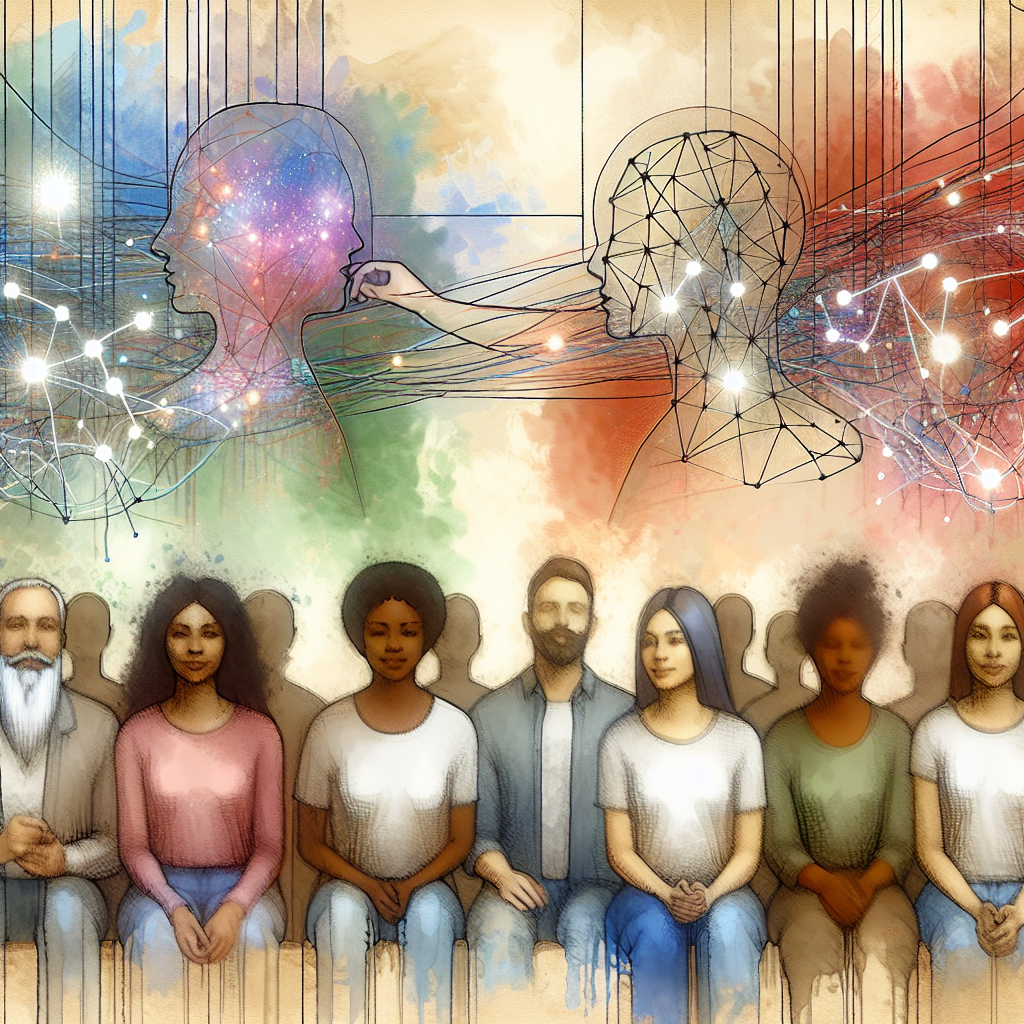
Understanding Attachment: How Our Connections Shape Us
## Unlocking the Secrets of the Mind Imagine the very first bond you ever formed – often with a caregiver like your mom or dad. This attachment, as it turns out, is more than just a sentimental aspect of our early lives; it is a blueprint for how we connect with others throughout our journey. […]
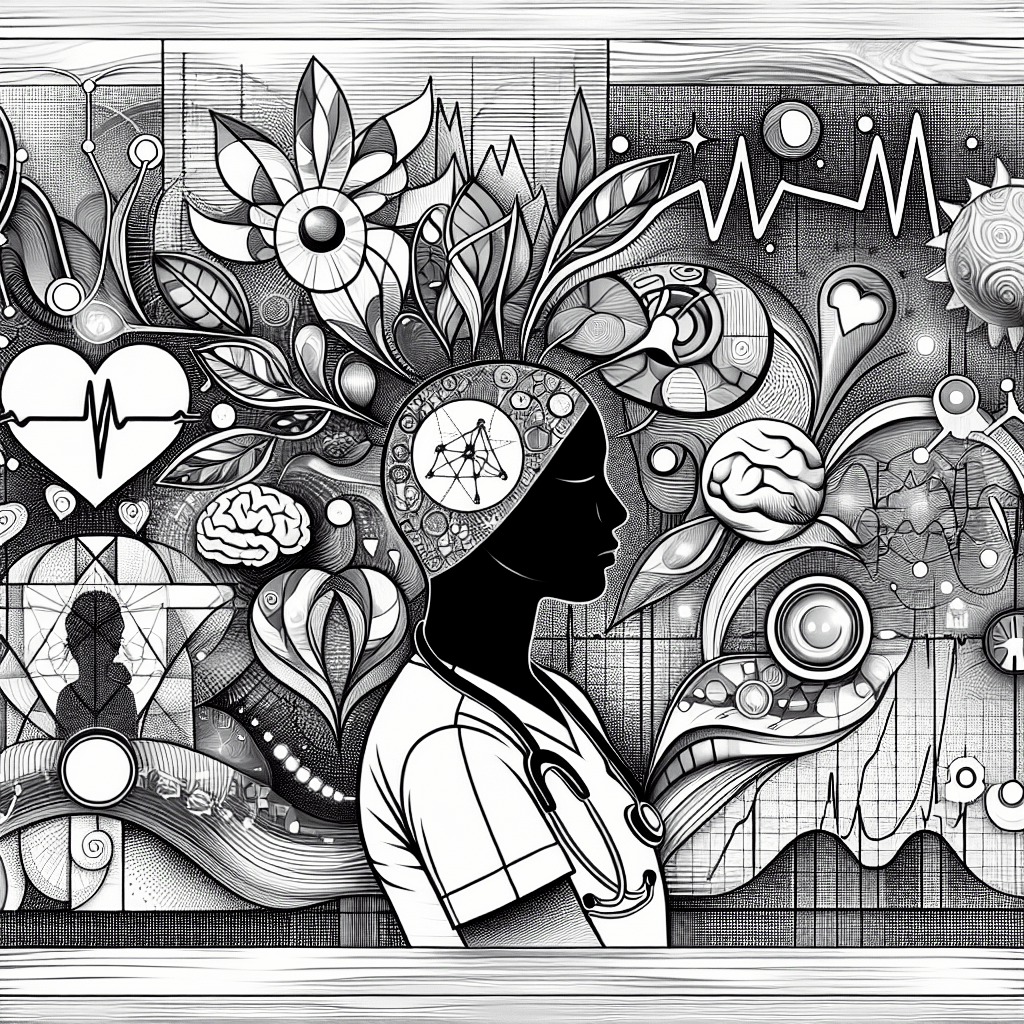
Decoding Stress in Nursing Students: How Heart Rate Variability Illuminates Learning Challenges in Simulations
Introduction: The Heartbeat of Stress Imagine stepping into a high-stakes scenario where your decisions can make a life-or-death difference. The pressure is on, your palms are sweaty, and your heartbeat seems to echo in your ears. This is often the reality for nursing students during clinical simulations, designed to mimic real-world healthcare emergencies. While these […]
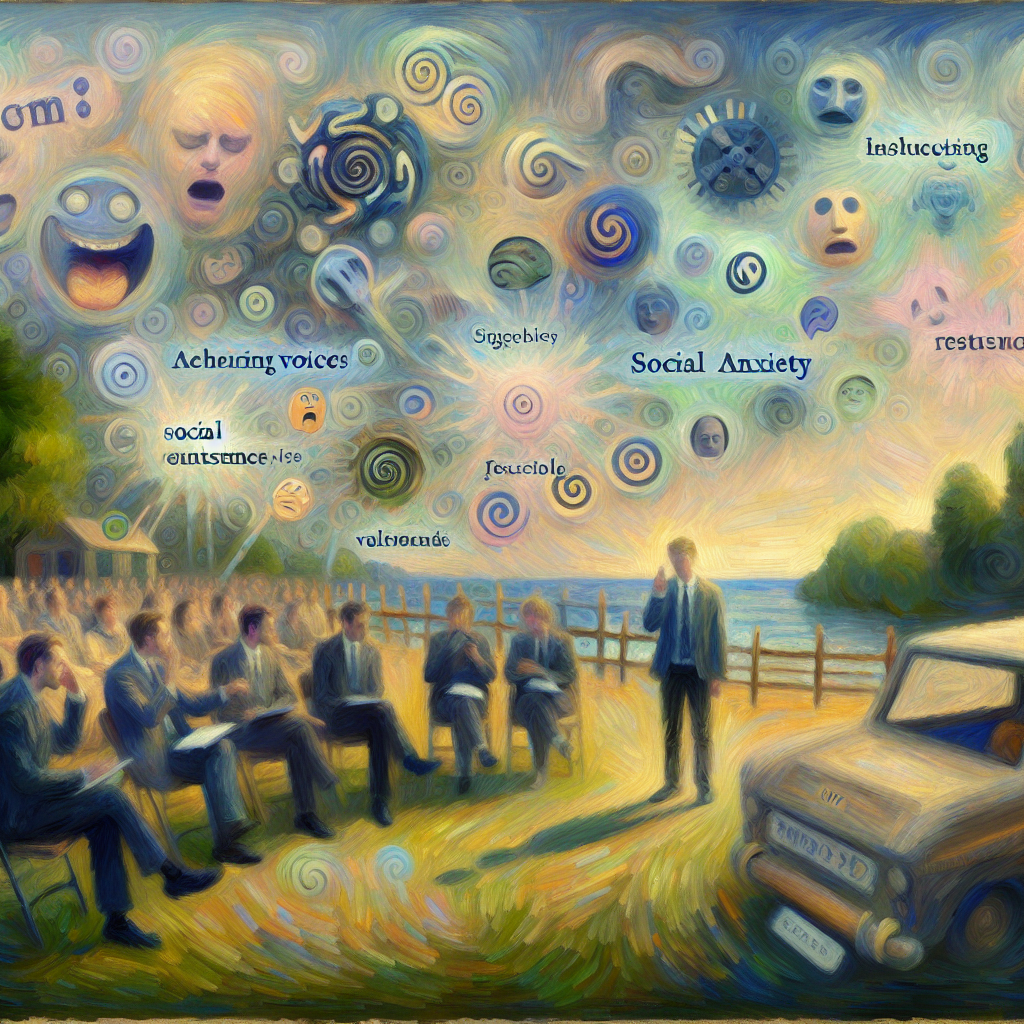
Navigating the Social Landscape: How Autistic Traits and Social Anxiety Shape Our Interactions
Introduction: A Glimpse Into Our Social World Imagine you’re at a bustling party. Around you, clusters of animated conversations punctuate the air, leaving you in a bewildering sea of social cues and emotions. For many, navigating this social landscape is seamless — a dance of expressions and feelings understood without thought. But what happens in […]

Unraveling the Mind’s Boundaries: Childhood Behavioral Inhibition and Its Impact on Adolescent Mentalizing
Introduction: The Ties That Bind Our Inner Worlds Think back to your childhood days. Remember those classmates who were painfully shy, the ones who hovered on the edges of social circles, hesitant to join in the play. These children, often described as “behaviorally inhibited,” are more common than one might think, and their tentative approach […]
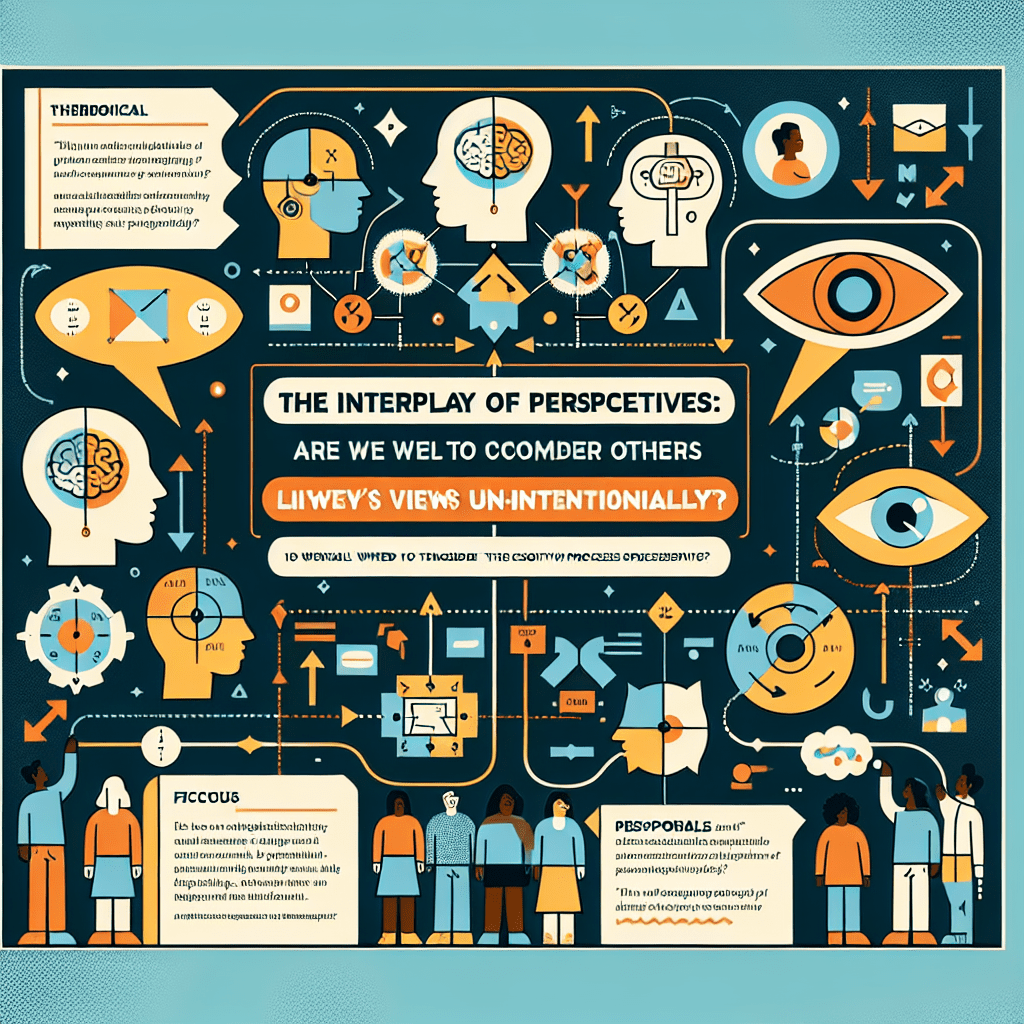
The Interplay of Perspectives: Are We Wired to Consider Others’ Views Unintentionally?
Introduction: Behind the Curtain of the Mind Imagine you’re at a busy intersection, and from the corner of your eye, you see someone look left. Without thinking, you might find yourself also glancing in that direction. This seemingly trivial action hints at an intriguing psychological concept known as altercentric interference. But is this glance a […]
